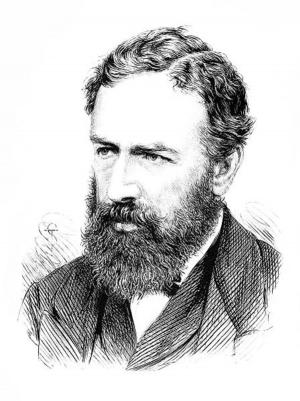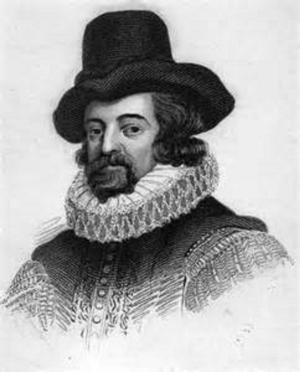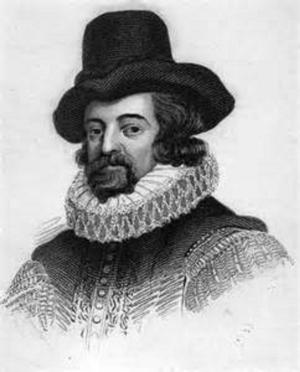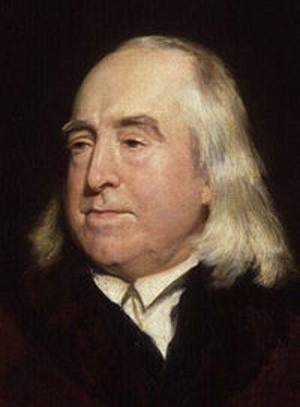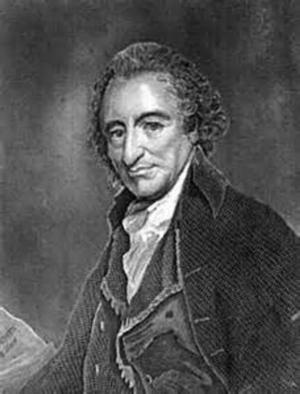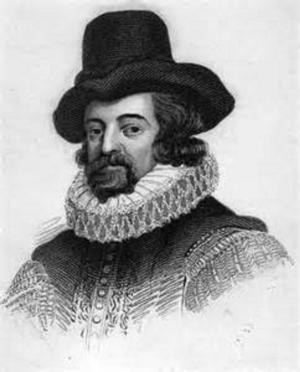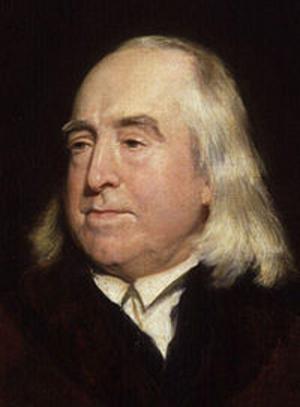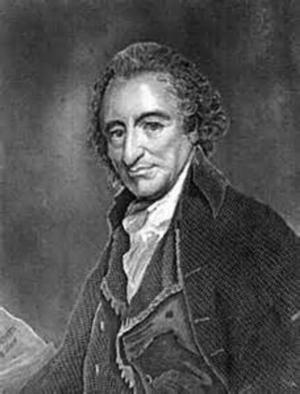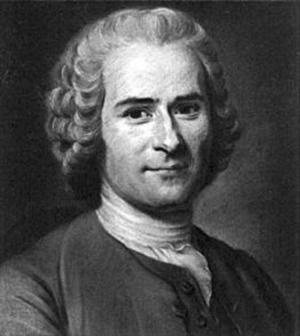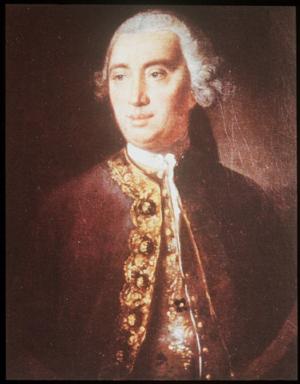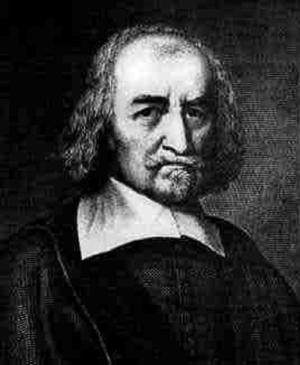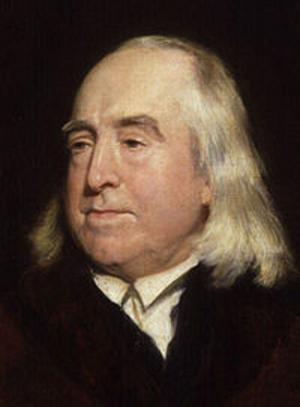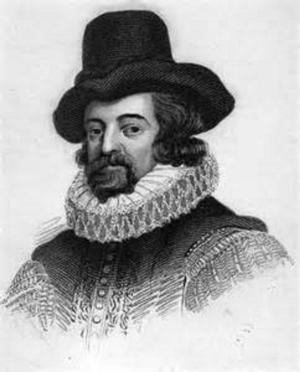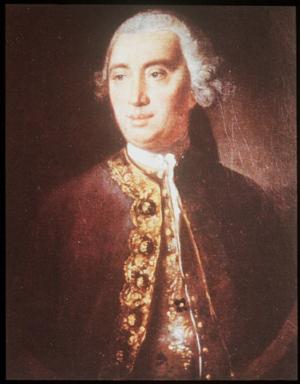On the Question of Free Trade (Illustrated)
Business & Finance, Economics, Macroeconomics, Theory of Economics| Author: | Karl Marx, Timeless Books: Editor | ISBN: | 1230001013351 |
| Publisher: | www.WealthOfNation.com | Publication: | March 29, 2016 |
| Imprint: | Language: | English |
| Author: | Karl Marx, Timeless Books: Editor |
| ISBN: | 1230001013351 |
| Publisher: | www.WealthOfNation.com |
| Publication: | March 29, 2016 |
| Imprint: | |
| Language: | English |
The book of ON THE QUESTION OF FREE TRADE has an active table of contents for readers to access each chapter directly.
ON THE QUESTION OF FREE TRADE is the principal source of understanding Marx's theory about Free Trade vs. Protectionism. On January 9, 1848, Marx spoke before the Democratic Association of Brussels about free trade. Using the theory of class struggle, Marx reviewed the significance of free trade. Examining root causes of free trade in the publication of the title, Marx claimed “That was the time of the Brussels Congress, the time when Marx prepared the speech in question. While recognizing that protection may still, under certain circumstances, for instance in the Germany of 1847, be of advantage to the manufacturing capitalists; while proving that that Free Trade was not the panacea for all the evils under which the working class suffered, and might even aggravate them; he pronounces, ultimately and on principle, in favor of Free Trade."
Marx also pointed out that free trade will accelerate his revolution as "in short, productive forces expanding to such a degree that they rebel, as against unbearable fetters, against the social institutions under which they are put in motion; the only possible solution: a social revolution, freeing the social productive forces from the fetters of an antiquated social order, and the actual producers, the great mass of the people, from wage slavery. And because Free Trade is the natural, the normal atmosphere for this historical evolution, the economic medium in which the conditions for the inevitable social revolution will be the soonest created -- for this reason, and for this alone, did Marx declare in favor of Free Trade."
It appears that Marx gave us a right conclusion with a wrong reasoning and a wrong trade framework. Communist Party of China is royally practicing Marx’s free trade theory today that has created the biggest economic bubble in human history ever that is hurting China and all the related parties and countries globally that helped build the bubble for the short term benefits of the fortune re-allocation. Trade is not a way of re-allocating fortune on a fixed pie; but it is about creating a bigger pie for all the parties involved. It is about development and growth together. It is about global opportunities and responsibilities.
Marxists highly praised the book as one of the most profound and most brilliant monographs by Karl Marx. This is a must-read book to understand the foundational thought of a communist party and the nature of a socialistic country by Karl Marx.
The book of ON THE QUESTION OF FREE TRADE has an active table of contents for readers to access each chapter directly.
ON THE QUESTION OF FREE TRADE is the principal source of understanding Marx's theory about Free Trade vs. Protectionism. On January 9, 1848, Marx spoke before the Democratic Association of Brussels about free trade. Using the theory of class struggle, Marx reviewed the significance of free trade. Examining root causes of free trade in the publication of the title, Marx claimed “That was the time of the Brussels Congress, the time when Marx prepared the speech in question. While recognizing that protection may still, under certain circumstances, for instance in the Germany of 1847, be of advantage to the manufacturing capitalists; while proving that that Free Trade was not the panacea for all the evils under which the working class suffered, and might even aggravate them; he pronounces, ultimately and on principle, in favor of Free Trade."
Marx also pointed out that free trade will accelerate his revolution as "in short, productive forces expanding to such a degree that they rebel, as against unbearable fetters, against the social institutions under which they are put in motion; the only possible solution: a social revolution, freeing the social productive forces from the fetters of an antiquated social order, and the actual producers, the great mass of the people, from wage slavery. And because Free Trade is the natural, the normal atmosphere for this historical evolution, the economic medium in which the conditions for the inevitable social revolution will be the soonest created -- for this reason, and for this alone, did Marx declare in favor of Free Trade."
It appears that Marx gave us a right conclusion with a wrong reasoning and a wrong trade framework. Communist Party of China is royally practicing Marx’s free trade theory today that has created the biggest economic bubble in human history ever that is hurting China and all the related parties and countries globally that helped build the bubble for the short term benefits of the fortune re-allocation. Trade is not a way of re-allocating fortune on a fixed pie; but it is about creating a bigger pie for all the parties involved. It is about development and growth together. It is about global opportunities and responsibilities.
Marxists highly praised the book as one of the most profound and most brilliant monographs by Karl Marx. This is a must-read book to understand the foundational thought of a communist party and the nature of a socialistic country by Karl Marx.


